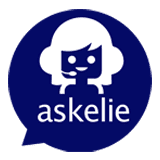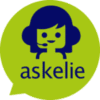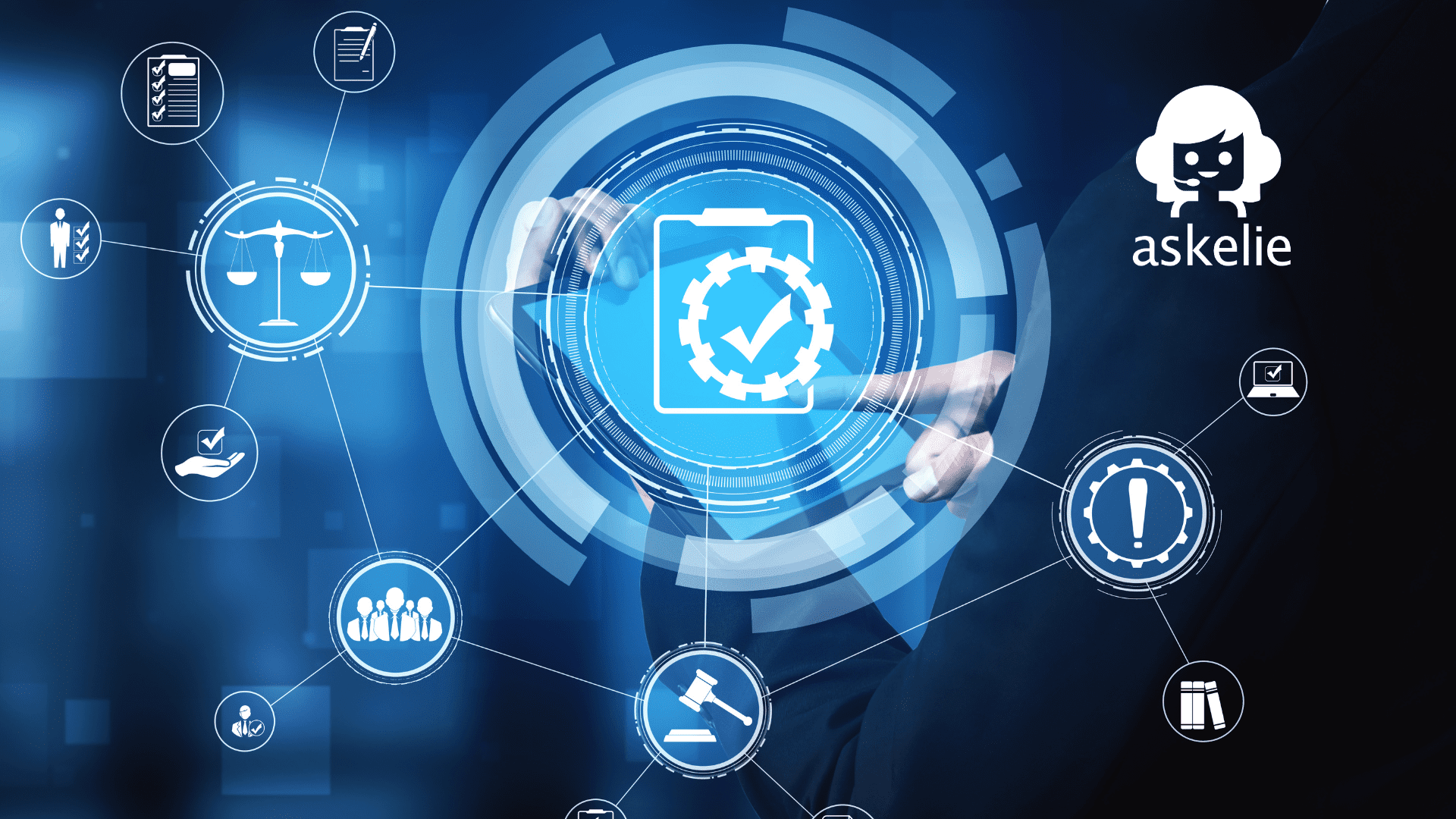Private AI is becoming more than a preference; it is now a necessity. As regulators tighten their grip on data governance and confidentiality, industries such as insurance, banking, healthcare, and the public sector are realising that consumer-grade AI tools like ChatGPT simply do not meet the compliance bar. The difference between public and private AI is not just about where data lives but more about who controls it, who can access it, and whether it can be trusted to protect sensitive information.
Public Chatbots and the Compliance Gap
When companies use open AI platforms such as ChatGPT, every interaction risks exposure. Although OpenAI applies strict security measures, the platform is still fundamentally a shared environment that processes billions of user inputs every day and these inputs can be stored, logged, or used to train future models.
That might be fine for casual use, but in a regulated environment such as insurance, banking or medical it presents serious risks. Insurers, financial institutions, and healthcare providers handle highly sensitive data such as personal identifiers, financial records, and medical details and using a system where data could leave their control massively conflicts with data protection laws and professional obligations.
Even OpenAI’s own documentation confirms that unless a user opts out, conversation data may be retained for analysis and model improvement. For any regulated organisation that alone raises red flags under GDPR, PCI DSS, HIPAA, and other compliance frameworks.
Recent Security Concerns
Several independent studies have highlighted the vulnerability of public AI tools. Security researchers found weaknesses in OpenAI’s Connectors that allowed unauthorised access to Google Drive data without user interaction. Others demonstrated that custom GPTs can easily leak instructions or confidential information through prompt injection.
European regulators have also taken note. OpenAI was fined €15 million in 2025 for data privacy violations while investigations continue into transparency and lawful data processing. Just these few examples reinforce why organisations that rely on public models without dedicated governance take on unnecessary risk.
The Case for Private AI
Private AI offers a controlled, fenced off environment where the organisation retains ownership of all data, models, and processes. It enables teams to use the power of generative and predictive AI without losing control over confidentiality, integrity, or audit ability.
A Private AI deployment can run within a company’s own cloud or for high security on-premises infrastructure, ensuring that every transaction stays within its legal and technical boundaries. Unlike consumer chatbots, it can integrate with internal systems using role-based access controls, encryption, and detailed audit logs.
In short, it delivers the intelligence of modern AI within a framework that satisfies both internal governance and external regulation.
What This Means for Regulated Industries
For sectors such as insurance, banking, legal, healthcare, and government services, Private AI is not just a safer choice, it is the only viable one. These industries are built on trust, confidentiality, and accountability and they cannot afford a data leak, a regulatory breach, or a reputational hit caused by a public AI mistake.
With a Private AI model, every data source can be verified, every output can be traced, and every decision can be explained, and it is that level of transparency that is essential for compliance officers, auditors, and boards who must show that AI decisions are fair, explainable, and lawful.
How AskELIE Supports Secure AI Adoption
AskELIE’s approach is built around this principle. Its Ever Learning Intelligent Engine (ELIE) provides a secure, sovereign AI framework designed for compliance driven organisations. Each module, from ELIE for Contracts and ELIE for HR to AskTARA for supplier risk, operates within a contained environment ensuring that sensitive information never leaves the controlled perimeter.
With built-in encryption, human in the loop validation, and detailed audit trails, AskELIE helps organisations achieve AI agility without compromising security or governance. This approach ensures teams benefit from intelligent automation while maintaining full compliance with GDPR, ISO 27001, and emerging AI regulations such as ISO 42001.
Conclusion
The future of AI in regulated sectors lies in ownership, not outsourcing. Public AI tools like ChatGPT may inspire experimentation, but true transformation requires control, assurance, and accountability. Private AI is how insurers, banks, hospitals, and government departments can innovate safely, stay compliant, and build lasting trust with their customers.



AI Compliance As A Competitive Advantage | AskELIE
6 October 2025 19:30[…] project. It is a continuous process that requires oversight, accountability and validation. AskELIE’s Private AI framework was built with this in mind. Our Ever Learning Intelligent Engine (ELIE) helps organisations manage […]